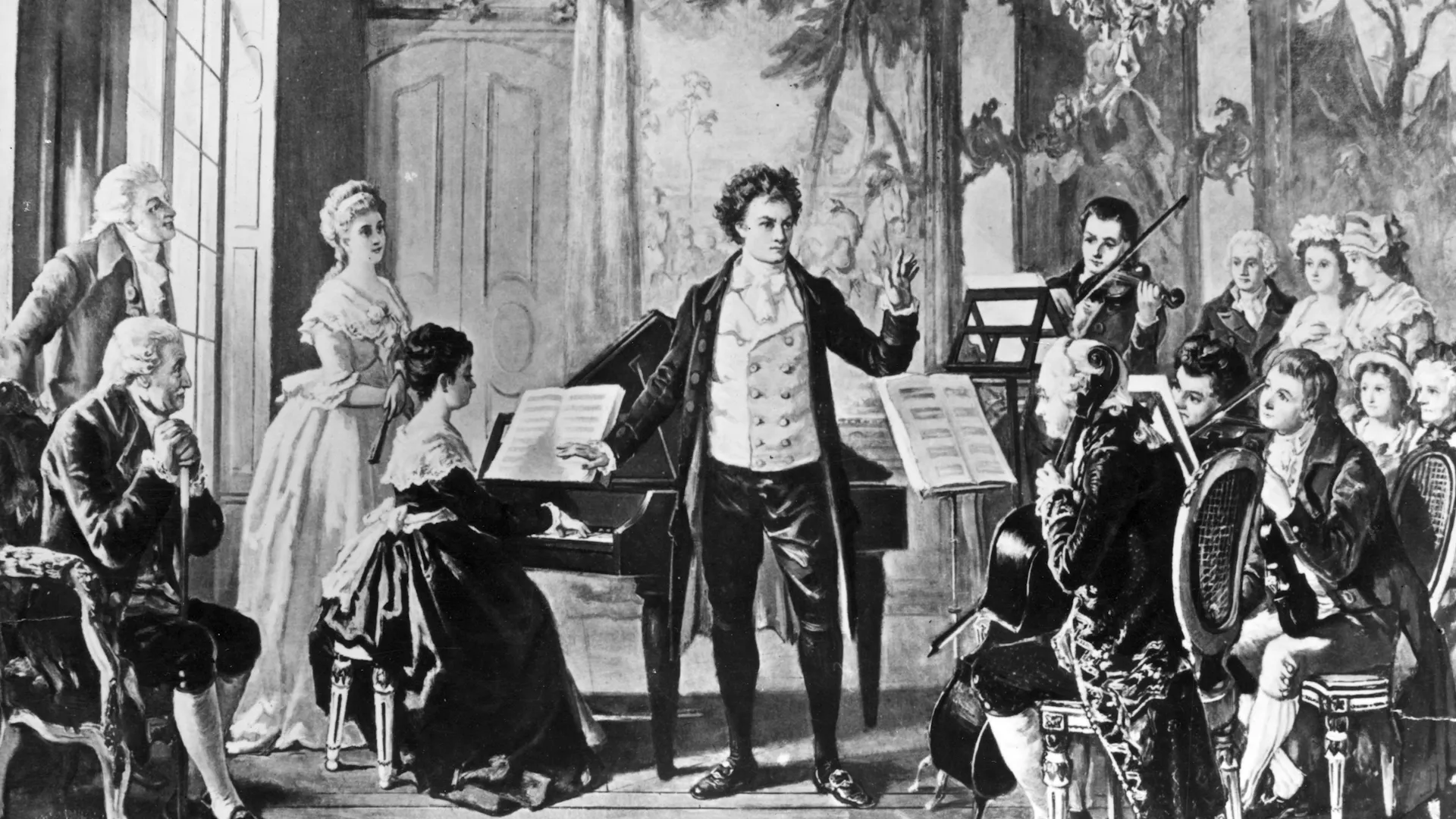justinpotts.com – Germany has long been recognized as a cultural epicenter for classical music, producing some of the world’s most celebrated composers and musicians. The nation’s rich musical heritage spans centuries, leaving an indelible mark on the world of music. From the intricate compositions of Johann Sebastian Bach to the groundbreaking symphonies of Ludwig van Beethoven, Germany’s contributions to classical music are profound and enduring.
Johann Sebastian Bach: The Master of Baroque
Johann Sebastian Bach, a towering figure in the Baroque period, is often hailed as one of the greatest composers in Western music history. Born in 1685 in Eisenach, Bach’s compositions are renowned for their complexity, technical mastery, and emotional depth. His works, such as the “Brandenburg Concertos,” “Mass in B Minor,” and “The Well-Tempered Clavier,” continue to be studied and performed worldwide, exemplifying the Baroque era’s intricate style and expressive power.
The Classical Era: Haydn, Mozart, and Beethoven
The Classical era ushered in a new wave of musical innovation, with Germany at the heart of this transformation. While Joseph Haydn and Wolfgang Amadeus Mozart were Austrian, their influence was felt strongly in Germany and beyond. However, it was Ludwig van Beethoven who became the quintessential German composer of this era. Born in Bonn in 1770, Beethoven revolutionized music with his bold compositions and emotional depth. His nine symphonies, particularly the iconic “Symphony No. 9,” broke new ground in form and expression, setting the stage for the Romantic period.
The Romantic Period: Schumann, Brahms, and Wagner
The Romantic period saw German composers exploring new emotional and thematic territories. Robert Schumann and Johannes Brahms were key figures in this era, known for their rich harmonies and expressive compositions. Brahms, in particular, was a master of symphonic and chamber music, with works like his “Symphony No. 1” and “Piano Concertos” remaining central to the classical repertoire.
Richard Wagner, another monumental figure, transformed opera with his ambitious and innovative works. His operas, such as “The Ring Cycle,” are celebrated for their dramatic intensity and complex musical structures, influencing countless composers after him.
20th Century and Beyond: A Diverse Legacy
The 20th century brought a new wave of German composers who continued to push musical boundaries. Arnold Schoenberg, known for developing the twelve-tone technique, challenged traditional tonal systems, influencing modern music significantly. Meanwhile, composers like Carl Orff and Paul Hindemith explored new forms and styles, contributing to Germany’s diverse musical landscape.
The Global Influence of German Music
Germany’s musical heritage has left a lasting impact on the global stage. German composers not only shaped the course of Western classical music but also inspired generations of musicians and composers worldwide. The country’s dedication to preserving and promoting its musical legacy is evident in its numerous festivals, concert halls, and educational institutions dedicated to classical music.
Conclusion
From the intricate fugues of Bach to the revolutionary symphonies of Beethoven, Germany’s musical heritage is a testament to the nation’s profound influence on the world of music. This rich legacy continues to inspire and captivate audiences, ensuring that Germany remains a central figure in the realm of classical music for generations to come.

